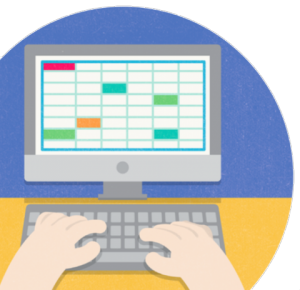Digital tools and services should be the great enablers – facilitators and catalysts for information sharing, innovation and transparency. The trouble is not everyone has the same view or awareness of the benefits offered by online resources. New apps can be created and launched with great enthusiasm, but if the awareness and confidence to use them is not sufficiently developed in the population then their value is compromised.

The recent launch of a digital inclusion outcomes framework by the Government Digital Service (GDS) will be a vital resource for those of us engaged in promoting digital services. It provides a means by which we can track progress and evaluate local activities. The benefits could be social, not just economic.
Although the framework is intended to support greater inclusion across society, its relevance to those of us working in or with the care and support sector should be obvious. The advance of telehealth, diagnostic apps, and digitally enabled devices designed to help people monitor their own health is one aspect. The other is the evolution of social networks and their ability to combat loneliness and isolation.
GDS dedicates itself to ‘help government make digital services and information simpler, clearer and faster.’ The framework supports this endeavour by helping us focus on local needs and priorities - and ultimately the wellbeing of the nation.
You can read more about the work of GDS here.